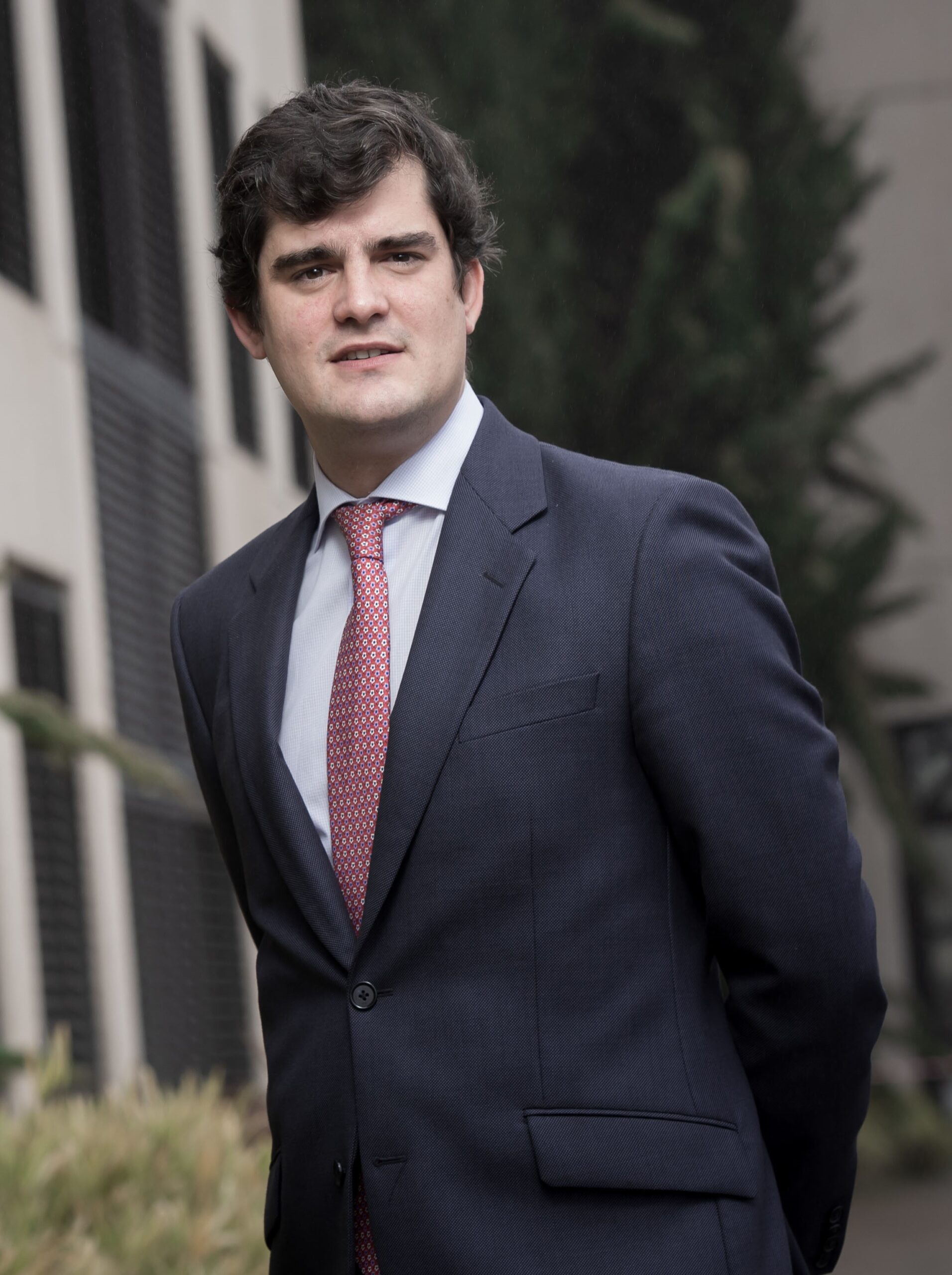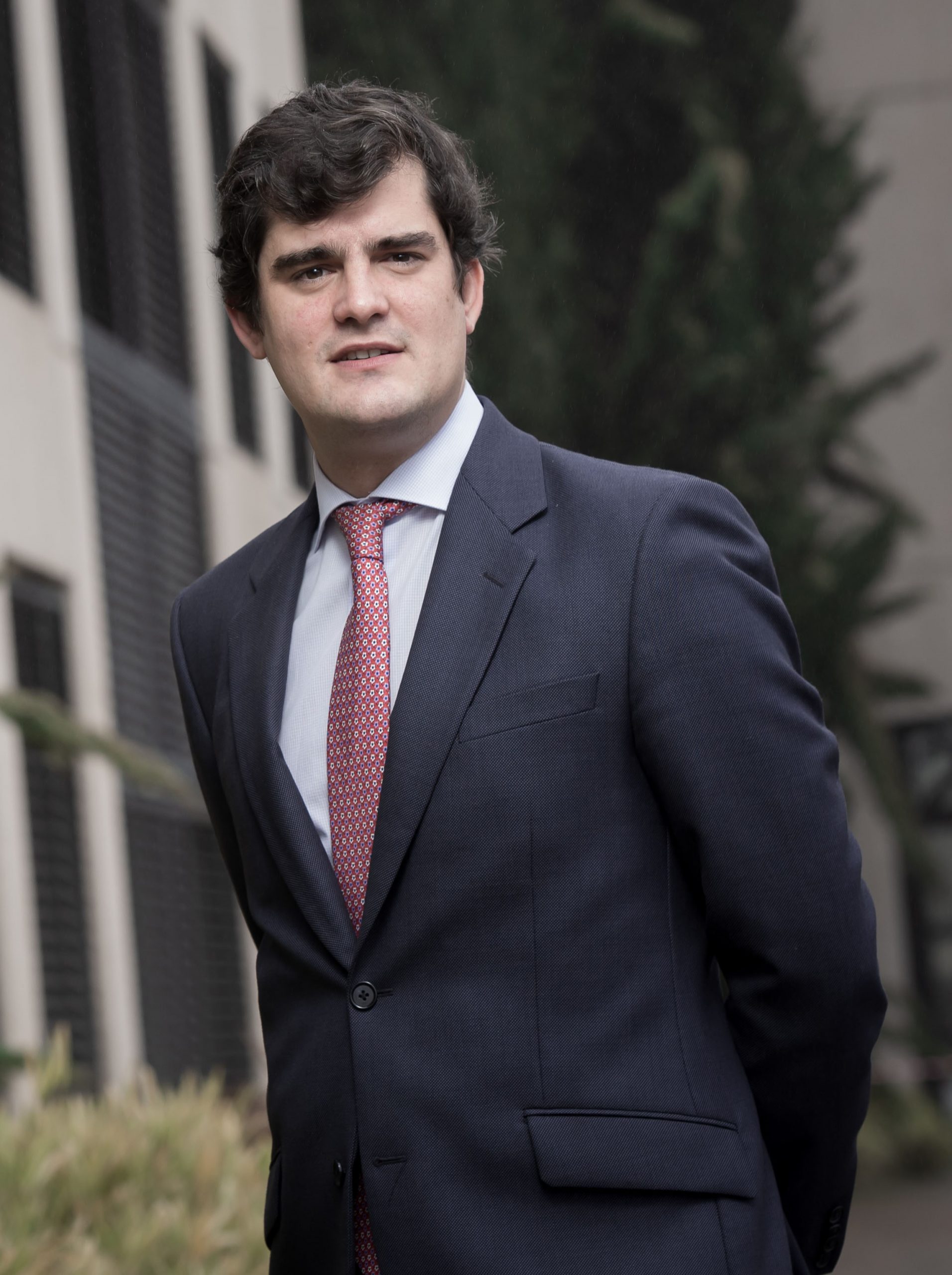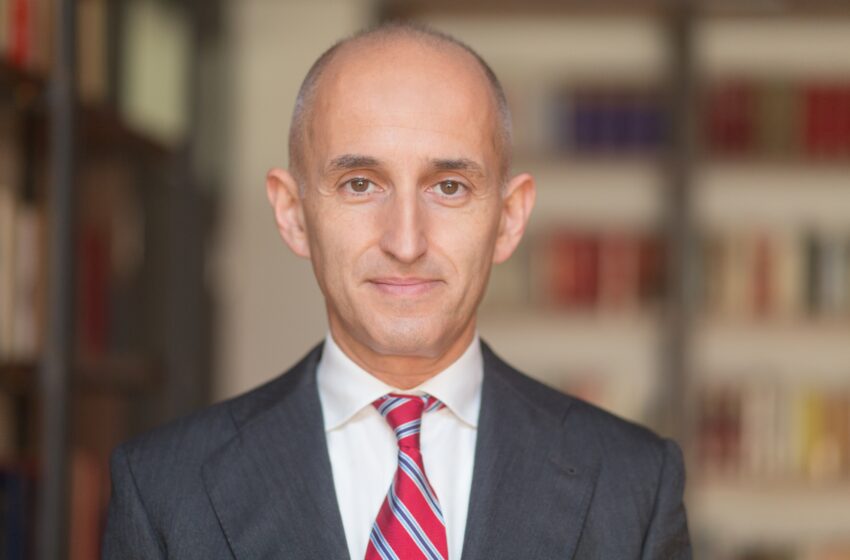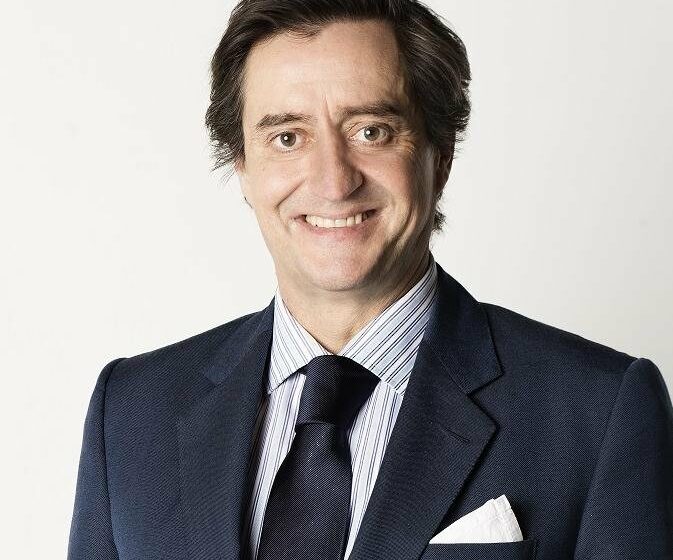Gabriel Vera Artázcoz, legal director of SENER Aeroespacial

According to data from the Ministry of Industry, Trade and Tourism, the Aerospace and Defence sector is highly developed in Spain. In fact, Spain ranks 5th in Europe in terms of turnover and the number of people employed. The Spanish market reached a turnover of €13.4 billion in 2019, employing more than 57,600 people. Specifically, the Spanish Aerospace sector represents 1 per cent of the total Spanish GDP and 7.3 per cent of the Spanish industrial production index. This sector is characterised by high growth and significant investment in R&D, which accounts for 9 per cent of the sector’s turnover. Despite the effects of the pandemic, our country continues to aspire to position itself among the European powers.
Iberian Lawyer has interviewed Gabriel Vera Artázcoz, SENER Aeroespacial Legal director. SENER Aeroespacial is the company of the SENER Group that encompasses Space, Defence and Science and is currently positioned as one of the leading national firms in the sector in the international arena.
 After five years at Garrigues, you decided to make the leap to the private industrial sector, where you have been for more than ten years now. What made you do it and why? Do you miss private practice in a firm?
After five years at Garrigues, you decided to make the leap to the private industrial sector, where you have been for more than ten years now. What made you do it and why? Do you miss private practice in a firm?
The law firm, as the start of a professional career, is the best school for intensive training. In my case, my work at Garrigues helped me to consolidate and technically develop my knowledge and, above all, to acquire a benchmark of a job well done that has been fundamental in my professional career. I made the leap to private enterprise, specifically to the SENER group, attracted by the possibility of participating in international projects. In the company, moreover, you live closer to the business side. It is true that the technical-legal side is perhaps not given the same consideration as in a law firm, but our actions have an impact on the business’ balance sheet.
In 2019 we witnessed the restructuring of the SENER group into three main areas: Aerospace, Engineering and Renewable Energy. How has this restructuring affected the functioning of the group’s Legal department? How has the group’s Legal department and, in particular, SENER Aeroespacial, been structured?
In 2019, the Aerospace business (which encompasses Space, Defence and Science) was spun off from SENER Engineering and integrated into SENER Aeroespacial. This company, in turn, had sold ITP in 2017 and acquired Grupo Tryo in 2018. Since then, SENER Ingeniería has maintained the Infrastructure, Energy and Marine businesses. At the end of 2020, the SENER Group sold its stake in Torresol Energy and we have just created SENER Renewable Investments, which will channel the development and promotion of renewable energy initiatives.
The SENER Group’s Legal department was made up of 15 people in Spain and another 4 in international subsidiaries and was transversal to all business units. As a result of the previous successive restructurings, two people moved to SENER Aeroespacial and the rest remained in SENER Engineering. Some people on the team provide cross-cutting corporate services. In my case, in addition to the legal management of SENER Aeroespacial, I support the promotion and development operations of SENER Renewable Investments, the secretarial work of the international subsidiaries and the M&A operations of the entire SENER Group.
SENER was born as a family company, and it is still a company run by the Sendagorta family. What is it like to work in the Legal department of a family business? From colleagues, do you know if there is any difference compared to other types of companies in terms of how the Legal departments work, for example, at the decision-making level?
I believe that the advantage, without a doubt, of the family business is the medium-term perspective and the greater proximity and participation in the decision-making process. Another relevant factor is that the decision-making bodies are not relocated to third countries – perhaps unlike other large international groups – which allows for greater agility in the decision-making process and allows decisions to be adapted to the reality of the people on the ground and the nature of the business.
SENER, which was founded in the 1950s as the first Spanish engineering company, has been a textbook example of expansion and internationalisation in Spain. What are the legal challenges posed by the constant growth and expansion of the group, particularly within the Aerospace division? How much of your work is taken up by M&A and expansion operations?
Without a doubt, SENER went through a very strong internationalisation process from 2008 onwards, in the same way as other Spanish engineering and construction companies. We were coming from years in which approximately 60 per cent of the business was invoiced in Spain. Practically a decade later, in 2016, 97 per cent of the turnover was international.
In the Aerospace business, internationalisation was a fact from the very beginning of the activity. SENER’s first aerospace project was the rocket launch tower in Kiruna (Sweden), in 1967, for ESRO, the predecessor of ESA. SENER has always participated very actively in the institutional market of Space Agencies (ESA, NASA, etc.). Since the acquisition of Grupo Tryo, we have expanded our presence in the commercial space market.
These processes of opening up to new markets imply a process of adaptation for legal departments. We like to know what is legally feasible, efficient and competitive in each market, and we like to put it in legal terms. In many tendering processes, contractual deviations are evaluated and weighted in the same way as the technical or economic scope. This means that they have to be adjusted to control risks and, at the same time, maintain competitiveness and efficiency.
We assume that the level of specialisation required to perform the work of the Legal counsel of a company (division in this case) such as SENER Aeroespacial is close to engineering levels. What specialities (studies, subjects, technical language, etc.) does the in-house counsel in this sector need to master? And skills?
I would say that, in the area of corporate legal advice, both flexibility and continuous training are essential. We have to be able to understand the different markets in which the business operates and, at the same time, cover each of its needs in those markets. In-house counsel must provide tools to the business to hedge and control risks (at the contract negotiation stage) and also be able to solve problems that arise in execution. Both facets feed back into each other. When you have gone through the problems of executing a complex project, you are in a better position to negotiate the next contract.
In terms of skills, negotiation and problem-solving skills are important. In negotiation, it is essential to understand people and their characters and to open avenues that allow different interests to converge. And, in terms of being decisive, the in-house lawyer creates value by preventing problems through the implementation of risk control mechanisms and resolving them when they arise in the development of the business.
What issues does SENER Aeroespacial hire external law firms for? What do you look for when selecting a law firm? Are you loyal to a law firm or do you choose on a case by case basis?
We engage external firms mainly in restructuring transactions, M&A and judicial or arbitration proceedings. We also consult on specific cases that require a certain specialisation due to the subject matter or jurisdiction. Rather than selecting firms, we look for people who are leaders in the field. We like to be in close contact with the legal market and we encourage personal contact, in order to have those contacts to turn to when the situation requires it.
Within the Defence sector, SENER has become one of the pillars of the Defence industrial and technological base in Spain, and probably in the future in that of Europe. In the current context of the “European Defence”, companies are partly obliged to reach agreements and form consortiums. Is the Spanish defence industry an example of its ability to reach agreements?
Undoubtedly. In recent years, consortia have been formed with many players to carry out defence programmes in Spain. Not only in the case of the FCAS, where SENER Aeroespacial co-leads together with GMV and Tecnobit one of the pillars of the Programme in Spain, but also the consortium for the manufacture of the VCR 8×8 Dragon and others to come.
In the future, we will see more frequent formation of this type of consortia, largely due to the need for Spanish companies to combine complementary capabilities and create synergies in order to gain in size and be in a better position to compete in the European and international context.
What are the legal challenges posed by the need to form national and international consortia in order to participate in large projects such as the FCAS (Future Combat Air System) or to obtain grants from the European Commission for the European Defence Fund? Is the sharing of work packages or industrial property rights one of the most complex issues at the Legal level?
Perhaps the most difficult thing is to establish decision-making mechanisms that, on the one hand, ensure the operational functioning of the consortium on a day-to-day basis, especially when you are in a programme that demands fast response times; and, on the other hand, safeguard the rights of consortium members, helping to resolve conflicts.
At the international level, the complexity comes from the multi-jurisdictional nature of many of these programmes and the management of the resulting inconsistencies.
In the case of Intellectual and Industrial Property rights, I would stress that public procurement rules should create the conditions for companies to retain not only pre-existing Intellectual Property but also that generated in the context of contract execution. If firms cannot subsequently exploit technological developments, they lack incentives to participate and innovate. This means that technologies or capabilities that are key to the success of certain developments are left out.
This is something that the European Space Agency has long favoured. Space programmes are of a technological and in many cases demonstrative nature, which is precisely why the Agency’s procurement rules allow companies to retain the Intellectual and Industrial Property generated, without prejudice to the Agency having licences to be able to use and exploit the developments as well, as is logical.
One of the last great examples of a consortium has been the one agreed with GMV and Tecnobit to lead the technological Remote Carriers operators of the NGWS-FCAS Programme. How has the legal approach of this consortium been? How is the relationship with INDRA, the national leader of the project?
For the first phase of the programme, we set up a temporary Joint Venture. We were looking for agility in the formation process and, above all, transparency in the contribution of the members’ capacities. However, for subsequent phases we are working on the creation of a commercial vehicle.
The relationship with INDRA, as with the rest of Spanish industry, is very good. We are all rowing together to achieve the greatest Spanish participation in the Programme, as well as the greatest technological value from this participation, and I believe that the common objective, also promoted by the Ministry of Defence, is bearing very good fruit for Spanish industry as a whole.
What will be SENER Aeroespacial’s next expansion project at Defence level? Can we talk about anything new in the missile sector, where there still seems to be no clear national sovereignty?
Indeed, SENER Aeroespacial is leading, in close collaboration with other national industries, the SMS project. This is an initiative that seeks to increase national strategic autonomy through the industrial and technological consolidation of complementary capabilities in missiles and precision-guided systems.
By Desiré Vidal
To read the interview in full please download issue N.102 here.












